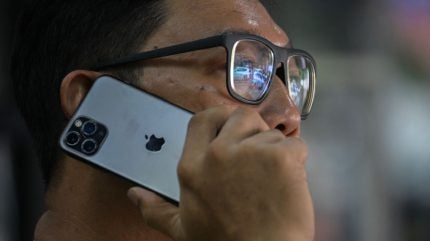
Indonesia has lifted its ban on iPhone 16 sales after a months-long dispute with Apple over local manufacturing requirements. The development is a win for the Indonesian government, who leveraged access to their domestic market for a major investment from Apple.
Indonesia’s Minister for Industry Agus Gumiwang Kartasasmita announced the news in a media briefing today (February 26). He said the ministry will issue Apple a permit to sell the smartphones after both parties reached a deal.
Apple had reportedly offered a $1b deal in December which Prime Minister Prabowo Subianto had directed his government to accept. However, last month the ministry unexpectedly halted the deal, as they sought to reach better terms.
The dispute began in October 2024, when Indonesia banned iPhone 16 sales for not complying with local component regulations. Indonesia requires that smartphones sold in the country must contain at least 40% locally made parts.
Apple had initially offered to invest $10m for a manufacturing facility. They increased that offer to $100m in response to Indonesian officials urging them to build more local manufacturing plants. The new plans included building a facility in Bandung, West Java.
Local officials still refused, saying that the investment was too low, especially when compared to investments Apple had pursued in neighbouring countries. The American tech giant has allegedly spent almost $16b since 2019 through supply chains in Vietnam.
The deal will see Apple build a manufacturing plant for AirTags on the island of Batam and a facility in West Java Province to produce other accessories.



